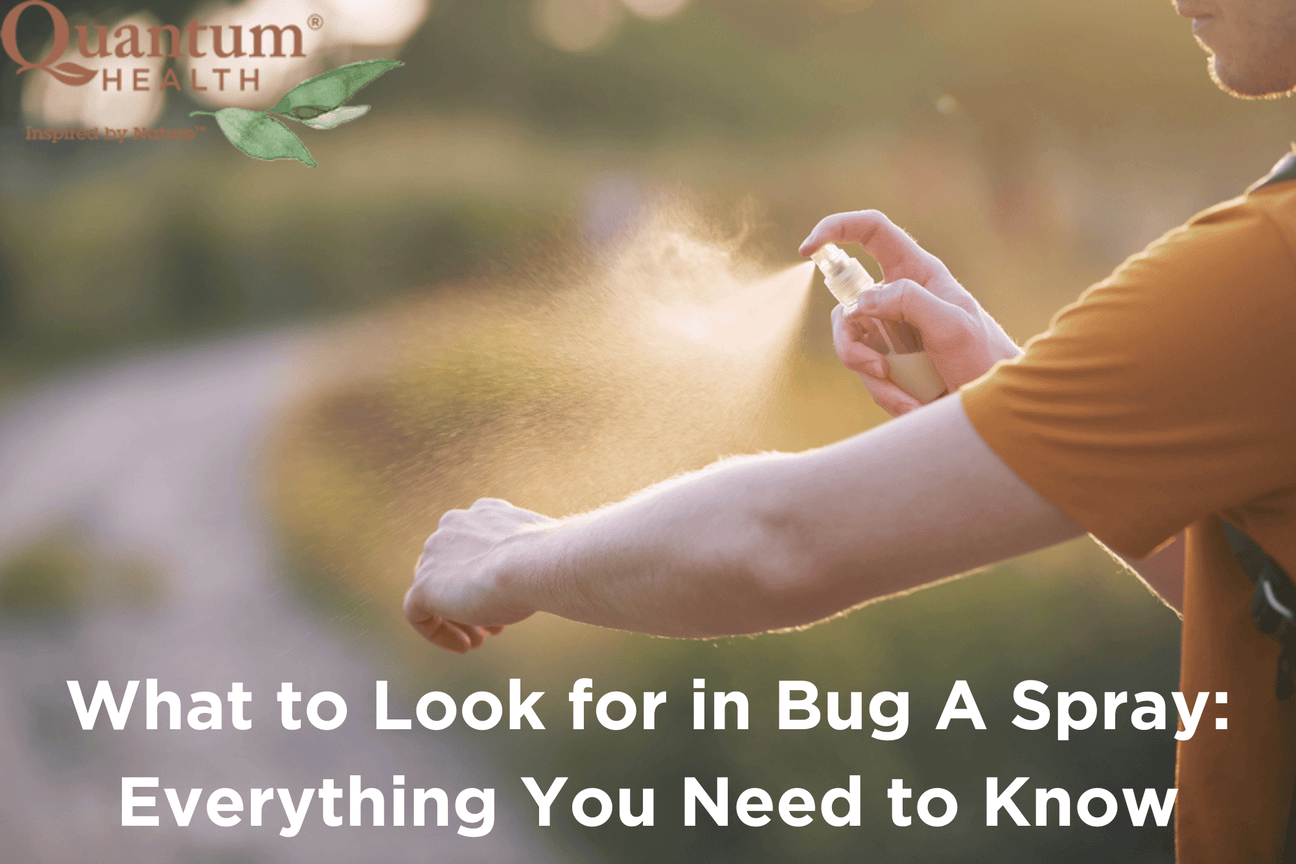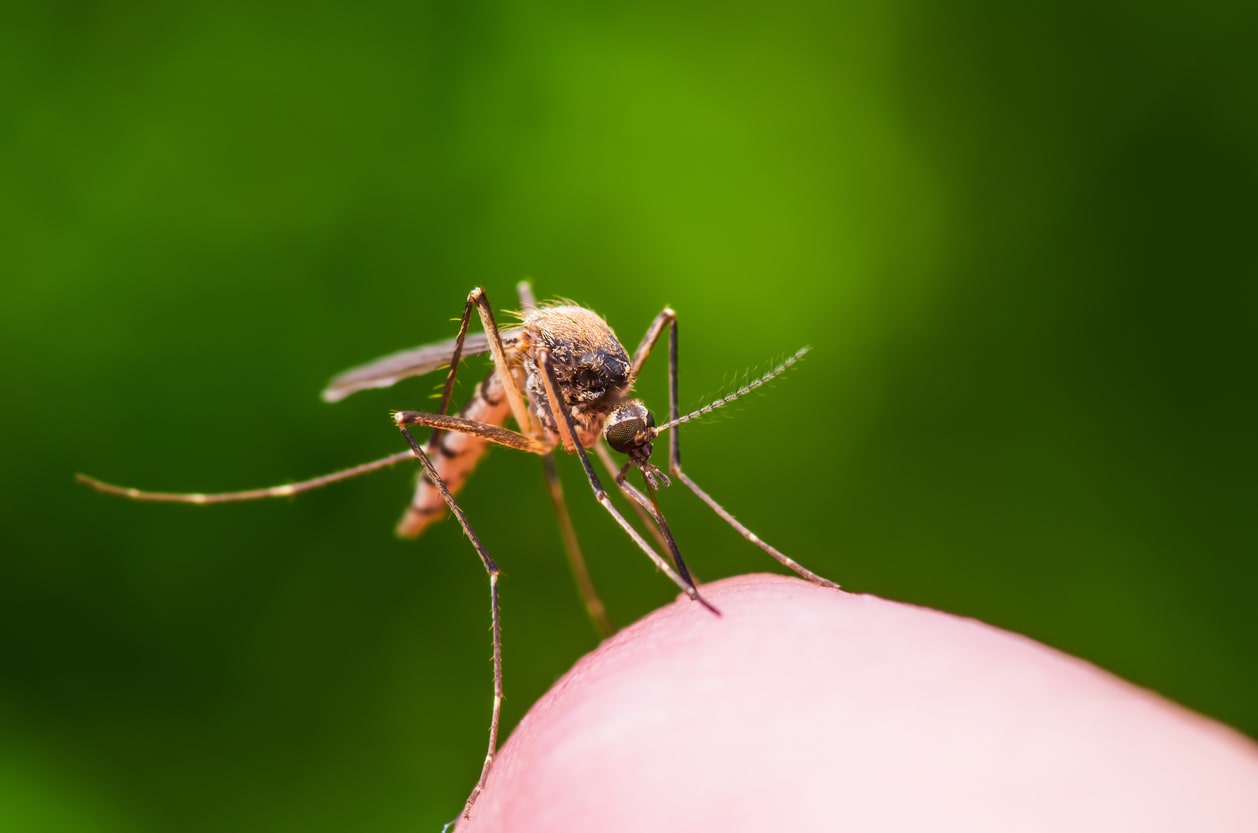How Does Bug Spray Actually Work?

Summer is upon us, which means longer days, warmer weather, and, unfortunately, bugs. As you might know all too well, mosquitoes, ticks, and other insects can make enjoying the outdoors a real challenge. Thankfully, bug spray can help keep these pests at bay.
Have you ever wondered how bug spray actually works and what makes it so effective at repelling insects so you can get more enjoyment out of the great outdoors? In this article, we'll explore how bug spray repels insects, the science behind it, and some important things to keep in mind when using it.
How Does Bug Spray Work?
Bug spray is a type of insect repellent, which means that it doesn't kill insects, instead detering them from coming near you. It's important to note that bug spray is not a pesticide – its purpose is to keep bugs away from your skin.
Here are the 2 main ways it works:
1. Repellent Properties
Plant-based bug sprays contain ingredients that insects find unpleasant or overwhelming, like citronella, lemongrass, cedarwood, and other plant-based ingredients. They work by blocking the receptors in insects' antennae, which detect the carbon dioxide that humans and other animals' exhale. This makes it harder for the insects to track down their prey. So, instead of detecting your scent, they detect the smell of the bug spray, which they should avoid.
2. Covering Your Smell
Your body naturally produces carbon dioxide when you breathe or sweat. Mosquitoes and other insects evolved to sense and track this carbon dioxide to find food, as it will often lead them to a human or other animal. Bug sprays also help mask your smell, making it harder for the insects to detect you.
How Safe Are Bug Sprays?
Although bug sprays are effective in deterring insects, some active ingredients in non-plant-based options can potentially be hazardous. For example, DEET is a common active ingredient in many bug sprays that can cause skin irritation, eye irritation, and more. Thankfully, there are a variety of plant-based bug spray options that are free of these potentially harmful compounds but can be as effective.
Plant-Based Bug Spray Options:
If you're concerned about the potential risks of using bug spray, there are plant-based bug deterrent alternatives you can try.
Plant-based bug sprays containing essential oils such as castor oil, citronella oil, cedarwood oil, peppermint oil, and other essential oils have been shown to repel insects and are considered a safe alternative to sprays that contain DEET.
Make sure you bring bug spray along with your outdoor activities this summer. Quantum Health’s line of plant-based, DEET-free bug deterrents are safer alternatives to synthetic bug sprays that are just as effective. With the right precautions, you can enjoy your summer while keeping the bugs at bay.
Share
Your share can inspire countless others.



















































